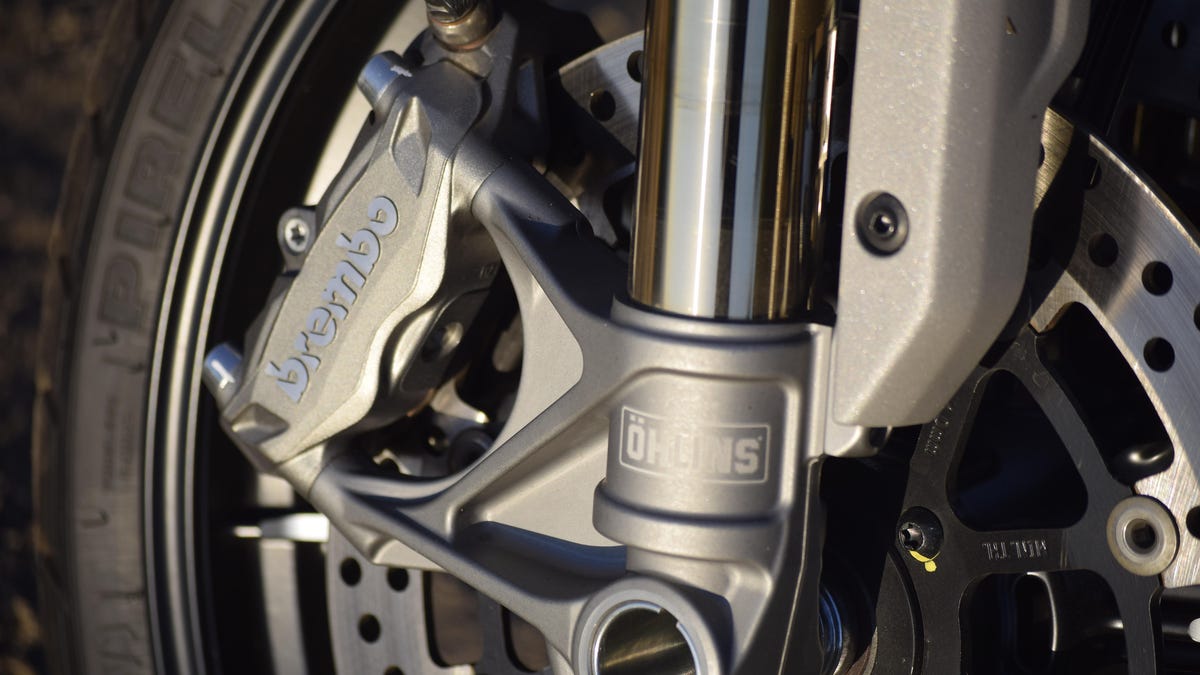NTSB wants to make anti-lock brakes standard on US motorcycles
The agency voted unanimously to recommend the requirement to NHTSA.
Anti-lock brakes (ABS) have been a thing on cars, even very cheap ones, since the 1990's but while the technology has existed in the two-wheeled world just as long, it's still not nearly as common on motorcycles as it should be, often appearing as an expensive extra-cost option. The National Transportation Safety Board (NTSB) wants to change that, according to the Associated Press.
The NTSB board voted on Tuesday 5-0 to send its recommendation to the National Highway Traffic Safety Administration (NHTSA) that all motorcycles sold in the United States be equipped as standard with anti-lock brakes.
"Riders need more time to react. They need motorcycles that perform better in a potential emergency," said NTSB Chairman Robert Sumwalt, after the vote concluded. "The Insurance Institute for Highway Safety determined that anti-lock brakes could reduce motorcycle fatalities by 31 percent. That is a sizeable safety benefit that the US is leaving on the table, leaving on the pavement, actually."
Anti-lock brakes on the rear of a motorcycle are especially important, as weight transfer under braking makes it especially easy to lock the wheel even with relatively light braking force.
Why doesn't ABS come standard on all motorcycles? The main reason is cost. Motorcycles are fairly cheap devices compared to cars, and profit margins for manufacturers are slim. Adding a thousand-dollar ABS system to a $6,000 motorcycle represents a sizable chunk of that $6,000 price tag.
NTSB researchers determined that in 2017, anti-lock brakes were standard on 8.9 percent of U.S. motorcycles and were optional on 13.3 percent. That's an almost comically low number.
NHTSA is under no obligation to adopt the NTSB's recommendation. But as a motorcyclist who rides on an almost daily basis (on a bike with ABS and traction control, I should add) I sincerely hope that it does. ABS is an incredible safety net, particularly for new riders and if we're going to get more people on bikes, they need to be safer.


